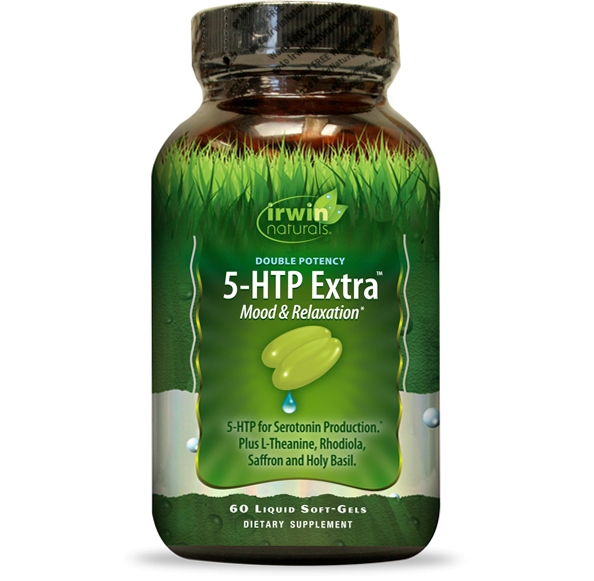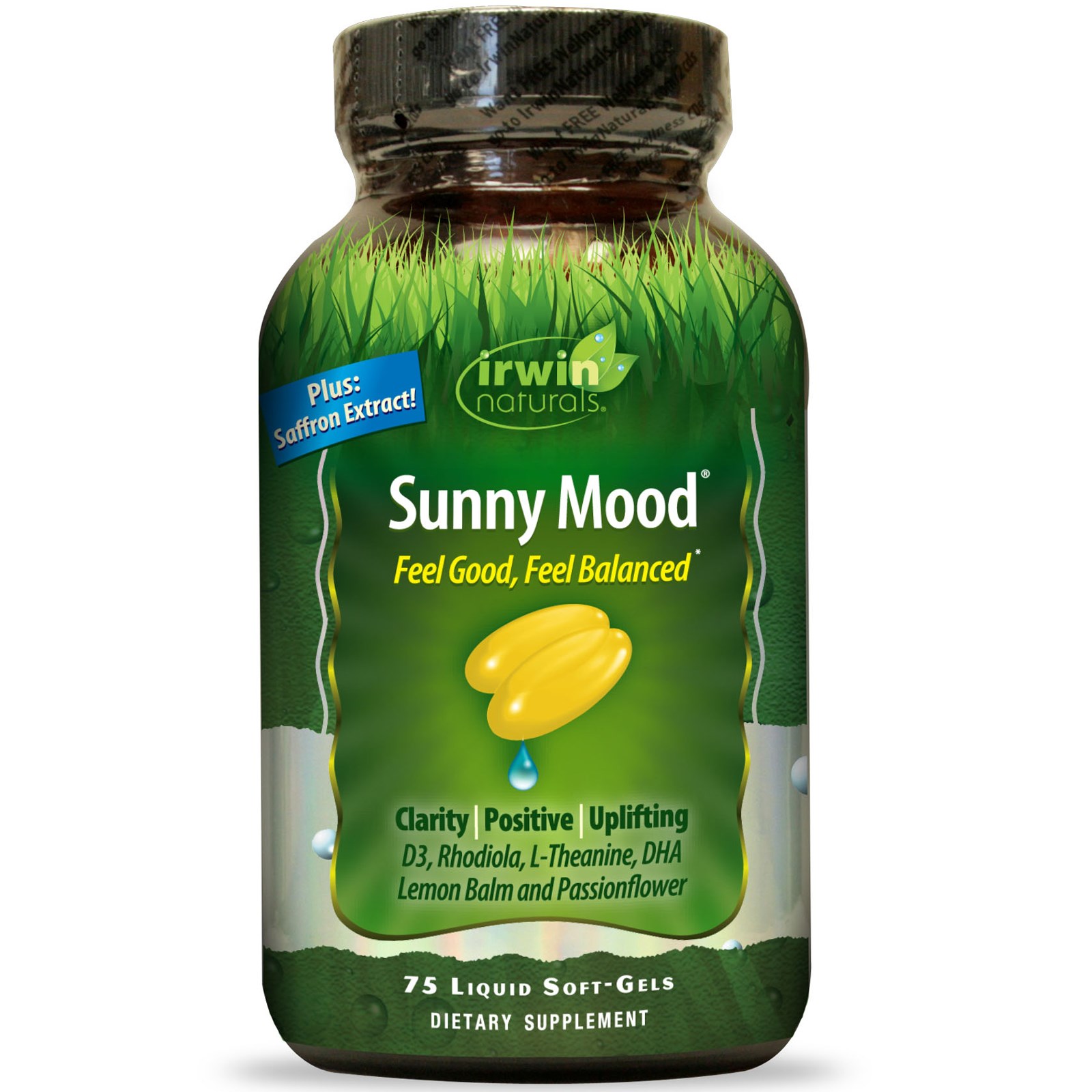Saffron is a spice with a long history, and has been used since the time of Ancient Greece (some sources say it was even used before then). It’s collected from the small golden stigmas from the inside of the autumn crocus flower. At various times in history, the spice was worth its weight in gold! It’s been used as a perfume, in cooking and baking, and medicinally for thousands of years.
Saffron is still used in various recipes that we eat today, but beyond food, research has found several health benefits from using saffron extracts- two of the benefits I’ve been most impressed with are its uses for boosting mood and also for the eyes.
Saffron has been used by many for general eye health for a long time. Just this past month, however, I came across a couple studies that really surprised me, and convinced me to start taking saffron daily.
There are many supplements that can help to preserve eyesight and prevent vision problems, but I had not come across anything that had been found to actually improve eyesight, but that is what the two studies I read about were saying about saffron.
One of the studies found that participants who took 20mg of saffron were able to improve the light sensing cells in their eye’s retina in people with early age related macular degeneration, and that after three months of taking saffron were able to read one entire additional line on an eye chart! I have terrible eyesight, so I know how significant being able to read one more line on an eye chart is. Even more impressively, the scientists tested the long term benefits of saffron, and found that after an average of 14 months, those patients with early macular degeneration were able to read two lines further on an eye chart than they had at the beginning of the study.
The amounts used in the study were a normal dose of saffron that could be found in one pill- I mention that because some studies use amounts of a supplement in unrealistic doses that most people would not be able to take without swallowing handfuls of pills.
Age related macular degeneration is the most common cause of vision loss in people over 50. Other supplements beneficial for eye health and macular degeneration are lutein and zeaxanthin. I wouldn’t recommend stopping those supplements in favor of saffron, but would suggest adding saffron to your daily regimen.
Another impressive benefit that scientists have found of saffron is its benefit for mood and for helping mild to moderate depression. An analysis of 12 studies on saffron and depression found saffron to be significantly more effective that a placebo and as effective as synthetic antidepressants for mild to moderate depression. For boosting mood, a typical dose is around 30mg of saffron per day, and in most people results were seen after about six weeks, though benefits may be felt sooner.
Saffron is a potent antioxidant with a long safety record, so I’d definitely recommend giving it a try. We have saffron available in supplement form at Pass Health Foods by itself, or in a product with ashwaganda- another herb that has been used for thousands of years that has many benefits- particularly for stress and anxiety. The product with saffron and ashwaganda is by the brand Solgar, called Stress & Anxiety Relief. That’s the one I’ve been using, since it has the daily recommended amounts of both saffron and ashwaganda in one tablet. Since it’s one we really recommend, we have it on sale for 25% off every day.








